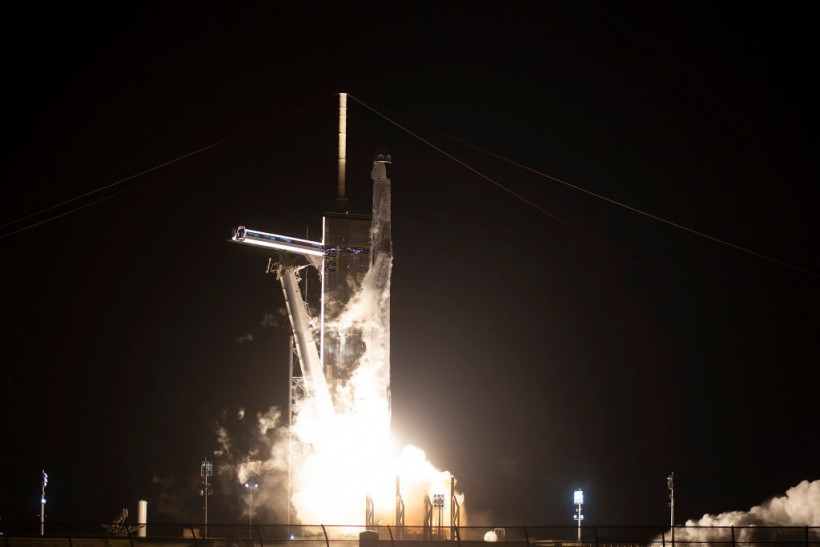
(Photo : Joe Raedle/Getty Images)
Elon Musk's plan to send the first human settlers to colonize Mars might not be easily done, according to experts on the matter.
First human Martians could get old faster due to the long trip in space is unknown for now.
Food is a big concern if the people can sustain farming in an unfamiliar place, fearing that a food shortage could result in cannibalism to survive in the Red Planet.
Fears of living on the red planet
Most scientists think conquering and occupying Mars is a huge logistical problem from the onset. They infer those multiple problems need to be addressed for first time-space flight, reported the Sun UK.
Unlike earth, which is a stable environment compared to the next human settlement on the red planet., we need to consider diseases, how food will be grown, and how much would be available for the initial pioneers are what should be thought over to live there, cited the Metro UK.
Another is that supplies need to be replenished regularly from the home planet, or a food shortage will end the first attempt to live in another world, just like the sci-fi of today.
Professor of astrobiology from the University of Edinburg, Charles Cockell, said that the most advanced technology could not stop far-flung communes from turning to lawlessness.
He added that if Callisto were a settlement, they would devour each other when things go wrong and the plant growth module breaks. To survive due to the lack of food, we might become cannibals.
It's one of Jupiter's moons and another place-to-place human pioneer in the solar system, other than Mars and Earth. It is farther than to colonize Mar, and Elon Musk is on the first step since reaching the Moon.
Portland State University anthropologist Cameron Smith stated that farming and food production is crucial to space colonization. Moving out not having this technology would be suicide for the first planetary settlers sent to space, noted Mail Online.
First wave of Mars settlers could be in 2026
Scholars agree it's too early to go farther than the Moon or Mars, considering how fast supplies can get there is a significant factor. More needs to be finished to allow space colonization.
Preparation of 30 to 40 years will be needed to see if the techniques and technology can hack it. But for Callisto, only after a century or more is enough.
Mayo Clinic scientists say that cell senescence will boost aging on a trip to Mars. Mr. Musk is planning to send the first wave of many in 2026. The study in sped up cell aging will begin in February 2022.
Cellular aging expert James Kirkland states that cell senescence will be affected by not going beyond the Van Allen Belt, which exudes radiation. He added more data is needed for more educated guesses.
Elon's drive to push a Mars colony may have disastrous results because of deformities. Despite that danger, he thinks living there is the next big step for humans.
Traveling 140 million miles is not wise; adding up the conditions of their destination will be unimaginable. Impact on the children born there and differences in gravity, radiation on the planet will be a factor, said Rice University biologist Scott Solomon.
Elon Musk and his desire to colonize Mars are great hurdles experts debate, significantly how it will impact the species as Dr. Solomon.
Related article: US Apollo 11 Beats Russian Luna 15 To Land on the Moon in a Secret Lunar Race in 1969








